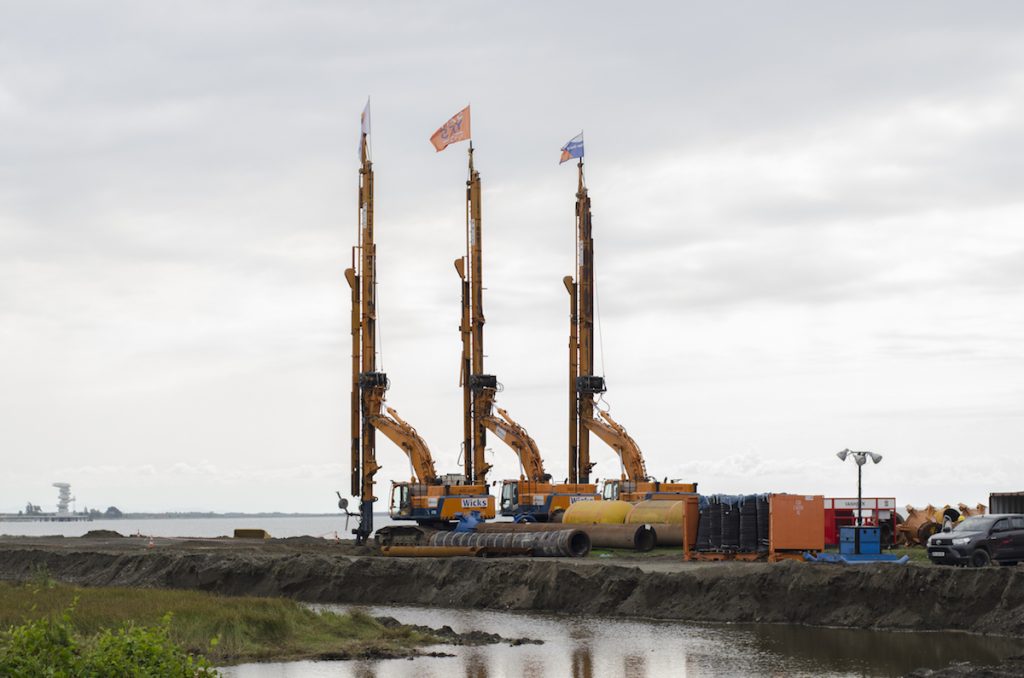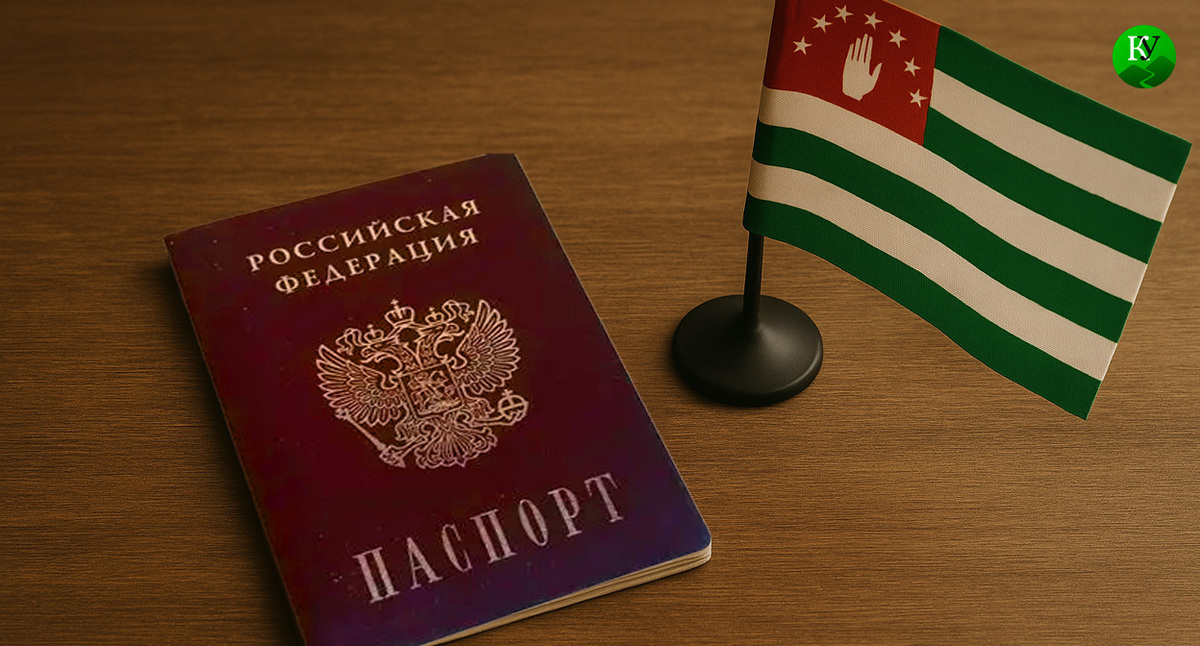Ten die in Russia after drinking fake chacha from local market
Alcohol poisoning in Russia
One of the deadliest alcohol-related tragedies in recent years has struck Russia’s popular resort region of Krasnodar this summer.
According to official figures, at least ten people have died and several others were seriously poisoned after buying counterfeit wine and chacha containing lethal doses of methanol at a market in the settlement of Sirius.
Based on a report by Novaya Gazeta Europe.
Sirius, a former Olympic village and tourist hub on the border with Abkhazia, has long been known for its Kazachy Market, where visitors have bought fruit, honey and homemade wine for decades. One of its best-known vendors was 71-year-old Eteri Tsvizhba, who had been selling goods there since Soviet times. According to investigators, she and her 30-year-old granddaughter Olesya sold the drinks that killed holidaymakers from across Russia — from the Moscow region to the Far East.
The first poisonings occurred in late July. A family of tourists from the Moscow region bought a bottle of chacha “with mulberry and melon” and drank it that evening. The next day, all of them developed severe symptoms, followed by loss of consciousness. Four died within days. Tests showed the methanol content in their blood was a hundred times over the safe limit.
A few days later, a similar tragedy unfolded. A tourist from the Chelyabinsk region brought chacha home as a souvenir, shared it with her sister and drank it herself. One woman died that night; the other was hospitalised the next day but could not be saved. In both cases, ambulance doctors initially failed to recognise the signs of methanol poisoning, prompting a health ministry review.
The dead also include a married couple from Komsomolsk-on-Amur, a tourist from the Pskov region and a group of visitors from Russian-occupied Donetsk. Some victims survived but remain in a critical condition: a 36-year-old woman from Ufa who sampled “homemade wine” from the market lost her sight and is now in intensive care.
Arrests a week later
Despite the rising death toll, trading at Kazachy Market continued for almost a week. It was only on 7 August that Eteri Tsvizhba and her granddaughter were detained and taken into custody. Both have been charged with selling products dangerous to life — an offence carrying up to 10 years in prison. In court, Olesya admitted guilt and called the incident “an unintentional crime.”
It was not the first run-in for “grandma Eteri.” In 2016, she was fined for selling alcohol containing toxic impurities. At the time, the case ended with the seizure of her goods and a 30,000-rouble fine — after which she continued trading.
How the surrogate alcohol market works
Krasnodar region produces up to 10% of all illegal alcohol in Russia. According to locals and experts, a significant share of homemade wine and chacha comes from Abkhazia, brought in plastic canisters by small-scale resellers.
“You can’t buy real chacha at the market — it’s expensive and takes time. It’s much easier to dilute industrial spirit with sweeteners. But this time, the spirit turned out to be methanol,” a local home-brewer explained.
The scale of the problem is reflected in regular police raids. In June, officers found 2,500 litres of wine and chacha in plastic barrels at a home in Adler district — supposedly “for a daughter’s wedding.” In July, police seized 161 litres of counterfeit alcohol from a resident of Abkhazia.
In 2024, authorities in Kuban uncovered 1.1 million litres of fake alcohol and shut down 12 illegal production sites. Across Russia, around 10 million litres were seized over the year.
Why tourists buy it
On southern resorts, many still believe that if a product is sold at a market stall, it must be ‘natural’ and ‘pure’. Vendors take advantage of this by offering drinks in plastic bottles without excise stamps.
Experts say consumers often do not realise that such “homemade” alcohol may not only be watered down or poor quality, but also deadly.
A systemic problem
Local authorities admit the illegal market is huge. In 2023, the governor of Krasnodar region said that 27% of retail outlets in residential buildings were selling beer without the required documents.
Police regularly report seizures, but the flow of bootleg alcohol has not slowed. The reasons are low production costs, high mark-ups and near-total impunity. Even repeat offenders are often let off with fines.
The tragedy in Sirius is a rare case where arrests and criminal charges have followed. But experts doubt it will change much: demand for cheap “homemade” alcohol in the region remains consistently high, and the supply chains are well established.
A dangerous summer
For Krasnodar region — which has been breaking tourism records since the war in Ukraine began and Europe closed its doors to Russian travellers — the damage to its image could be serious. But so far, the authorities have limited themselves to targeted raids and warnings, while wine and chacha “without papers” continue to be sold freely at resort markets.
The story of “grandma Eteri” is not only about methanol and the tragedy of several families. It is also about how, in the heart of Russia’s tourist south, a parallel alcohol market has taken shape over the years — unregulated, semi-legal and potentially deadly. And as long as it exists, tragedies like this one could happen again at any time.


















